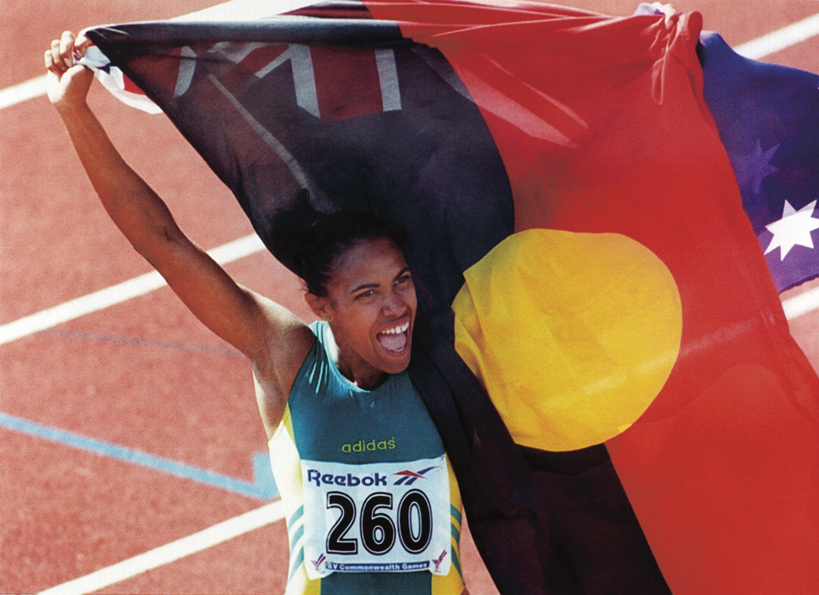
August 28 marks the date of the closing ceremony of the 1994 Commonwealth Games in Victoria, Canada.
It’s 25 years since the Games which produced two iconic moments in the history of Australian sport. Australia totally dominated the Games winning 87 gold medals, more than double Canada’s 40 and nearly triple England’s 30.
A year after Sydney was announced as host of the 2000 Olympic Games, Australian sport was on the rise and won medals in every sport and towered over the opposition in athletics, cycling, gymnastics, lawn bowls, shooting, swimming and weightlifting.
For the first time events for athletes with a disability were included in the Games, with para-sport events in athletics, lawn bowls, and swimming. The Games were also the last time only individual sports participated, with team sports introduced in Kuala Lumpur in 1998.
Australia collected 181 medals, well ahead of Canada (129) and England (126) in what was, to that point, Australia’s most successful Games.
Team General Manager and athletics legend Marjorie Jackson-Nelson was the first female general manager of an Australian team at the Olympic or Commonwealth Games and Victoria also marked the final Games for Chef de Mission Arthur Tunstall who retired after eight Games as an official.
Five Highlights
Cathy flags her heritage
Cathy Freeman collected gold in the 200m and 400m and produced a lasting legacy with one of the most iconic moments in Games history. After winning the 400m, Freeman ran her victory lap with both the Australian and Aboriginal flags and defied team orders to do so again after the 200m. Cathy’s action created a torrent of debate at home, however Prime Minister Paul Keating declared the moment an important milestone in Australian history, claiming “the Games revealed the overall sentiment of Australians is for the reconciliation of Aboriginal and non-Aboriginal Australians”.
Full Watt-age
Our cyclists won nearly every event on the program, including seven of the eight men’s events on offer, however it was 1992 Olympic gold medallist Kathy Watt who created history, claiming Commonwealth gold on the roads and on the boards. Watt won the road race and combined with Jillian Nolan, Cathy Reardon and Rachel Victor to win the 50km team time-trial. In the velodrome she took the 3000 metres individual pursuit gold.
Kieren the King
At the aquatic centre, Australia won 25 gold medals ahead of England’s six. Kieren Perkins was outstanding – winning the 200m, 400m, 1500m freestyle events and was a member of the winning 4x200m freestyle relay. In the 1500m freestyle he broke two world records, beating the 800m world record on the way to doing the same in the 1500m. Four Australians won doubles – Matt Dunn and Elli Overton in the individual medley events, Nicole Livingstone in the backstroke events and Sam Riley in the breaststroke events and Australia won all six relays events.
Takahashi takes clean sweep
Japanese-born Australian Kasumi Takahashi won an unprecedented five gold medals in rhythmic gymnastics. The 14-year-old swept the individual disciplines of ball, clubs, hoop and ribbon and also captured the individual all-round gold medal and was a member of the team with Leigh Manning and Kate Mitchell that won silver.
Shooting stars
At the Heals Shooting Range Australia won 10 shooting gold and a total of 19 medals. The star was Western Australia’s Christine Trefry who won three gold – in the pistol individual, pistol pairs and air pistol pairs events. Her pair wins were with Annette Woodward. Trefry would defend those three titles in 1998 in Kuala Lumpur. Australia’s most successful Commonwealth Games athlete in any sport with 18 medals, Phil Adams, combined with Bengt Sandstrom to win the free pistol pairs.
